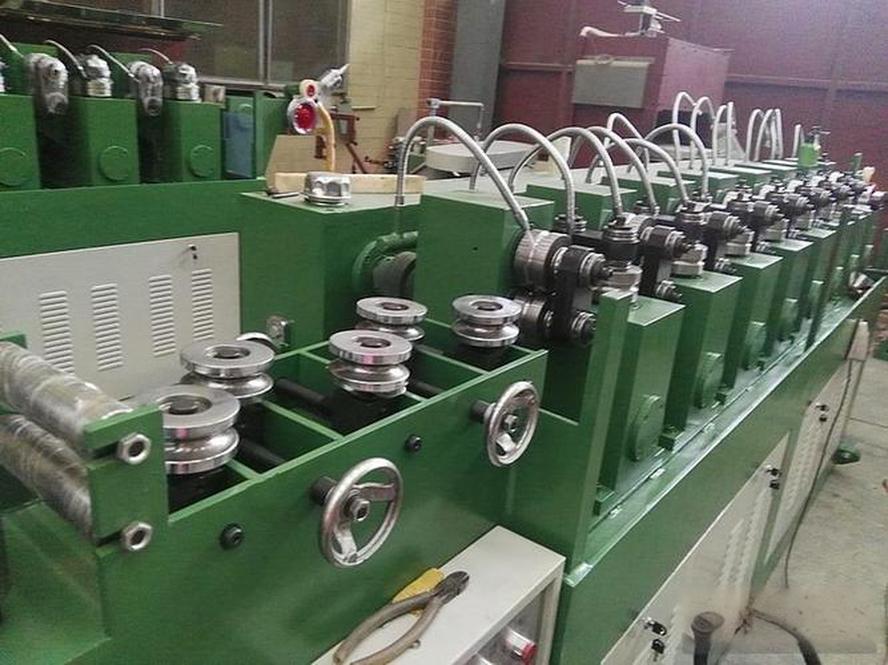In today's era of rapid technological advancement, electronic devices have become an indispensable part of our lives. With the continuous advancement of science and technology, people have higher and higher performance requirements for electronic devices, which requires materials scientists to continuously explore new materials to meet the needs of these devices for lightweight, high strength, excellent conductivity, etc. In this context, Magnesium metal has become a new favorite in the field of electronic equipment due to its unique properties.

Magnesium metal is the eighth most abundant element in the earth's crust. Because of its low density, high strength, and good thermal and electrical conductivity, it is widely used in aerospace, automobile manufacturing, 3C products (i.e., computers, communications, consumer electronics) and other fields. . Especially in electronic equipment, the application of magnesium metal is gradually showing its unique advantages.
First of all, the density of magnesium metal is only 2/3 of aluminum and 1/4 of steel, which makes magnesium-based electronic devices lighter. For example, the casings of many laptops and smartphones are made of magnesium alloy, which not only reduces the weight of the device but also improves portability. Today, when mobility is increasingly becoming an important consideration in electronic products, magnesium metal undoubtedly provides an excellent solution.
Secondly, magnesium metal has good thermal conductivity, which is very important for heat dissipation of electronic equipment. As the functions and performance of electronic equipment increase, their heat generation is also increasing. If the heat is not dissipated in time, it will affect the stability of the equipment and even cause damage. The high thermal conductivity of magnesium alloy can effectively help electronic equipment dissipate heat quickly and ensure the stability of the equipment during high-load operation.
Furthermore, magnesium metal also has good electromagnetic shielding properties. In electronic equipment, electromagnetic interference is a problem that cannot be ignored. It will affect the normal operation of the equipment and even adversely affect human health. Magnesium alloy can effectively shield electromagnetic interference and ensure the safe and reliable operation of equipment.
In addition, magnesium metal also has high strength and rigidity, which allows electronic equipment casings made of magnesium alloys to remain lightweight while also having good impact resistance and effectively protecting internal parts from damage.
Although the application of magnesium metal in electronic devices brings many advantages, there are also some challenges. For example, magnesium has relatively high chemical activity and easily reacts with water vapor in the air to form magnesium oxide, which affects its performance. Therefore, how to improve the corrosion resistance of magnesium alloys through surface treatment and other technologies is a focus of current research.
In general, magnesium metal shows great application potential in the field of electronic equipment due to its unique advantages such as light weight, high strength, and excellent thermal and electrical conductivity. With the continuous advancement of material science and surface treatment technology, it is believed that magnesium metal will be used more and more widely in electronic equipment, bringing us lighter, more efficient and more reliable electronic products.